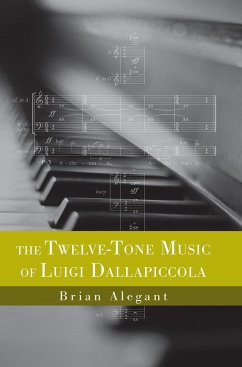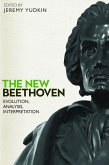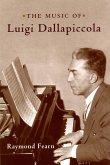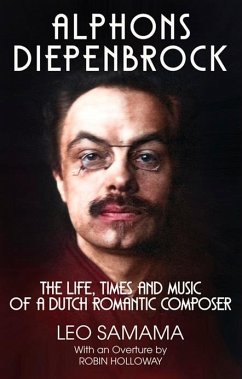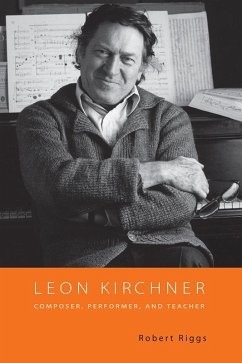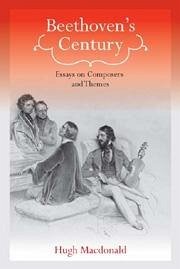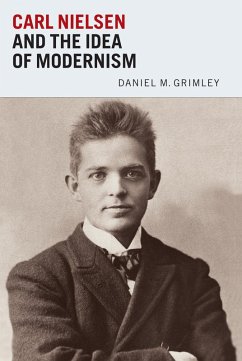Reveals the great twentieth-century Italian composer's innovative handling of harmony, form, and text setting.
Luigi Dallapiccola was one of twentieth century's most accomplished and admired composers. His music incorporated many of the twelve-tone techniques developed by Arnold Schoenberg, Alban Berg, and Anton von Webern, but blended their expressionistic impulses with an Italianate sense of lyricism. Brian Alegant's The Twelve-Tone Music of Luigi Dallapiccola traces the evolution of Dallapiccola's compositional technique over a thirty-year period (1942-74). Using both historical and music-analytical lenses, this book documents the influences of Webern and Schoenberg, highlights Dallapiccola's innovative handling of harmony, form, and text setting, and sheds light on several worksthat have been virtually ignored. Alegant's book will be a crucial source of insights for scholars and other readers interested in twentieth-century music.
Brian Alegant is Professor of Music Theory at the Oberlin College Conservatory.
Luigi Dallapiccola was one of twentieth century's most accomplished and admired composers. His music incorporated many of the twelve-tone techniques developed by Arnold Schoenberg, Alban Berg, and Anton von Webern, but blended their expressionistic impulses with an Italianate sense of lyricism. Brian Alegant's The Twelve-Tone Music of Luigi Dallapiccola traces the evolution of Dallapiccola's compositional technique over a thirty-year period (1942-74). Using both historical and music-analytical lenses, this book documents the influences of Webern and Schoenberg, highlights Dallapiccola's innovative handling of harmony, form, and text setting, and sheds light on several worksthat have been virtually ignored. Alegant's book will be a crucial source of insights for scholars and other readers interested in twentieth-century music.
Brian Alegant is Professor of Music Theory at the Oberlin College Conservatory.
Dieser Download kann aus rechtlichen Gründen nur mit Rechnungsadresse in A, D ausgeliefert werden.

